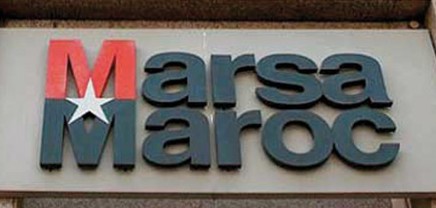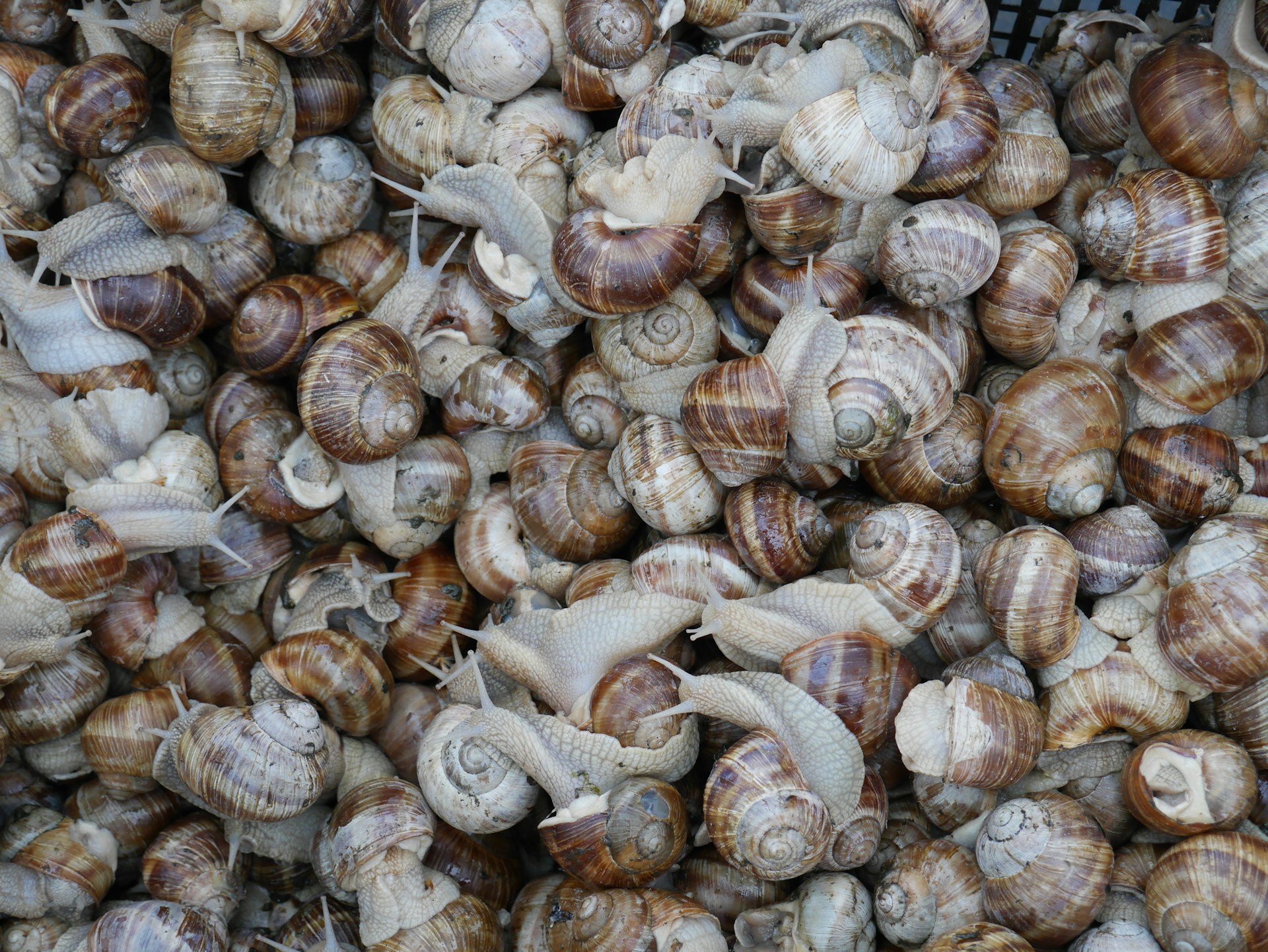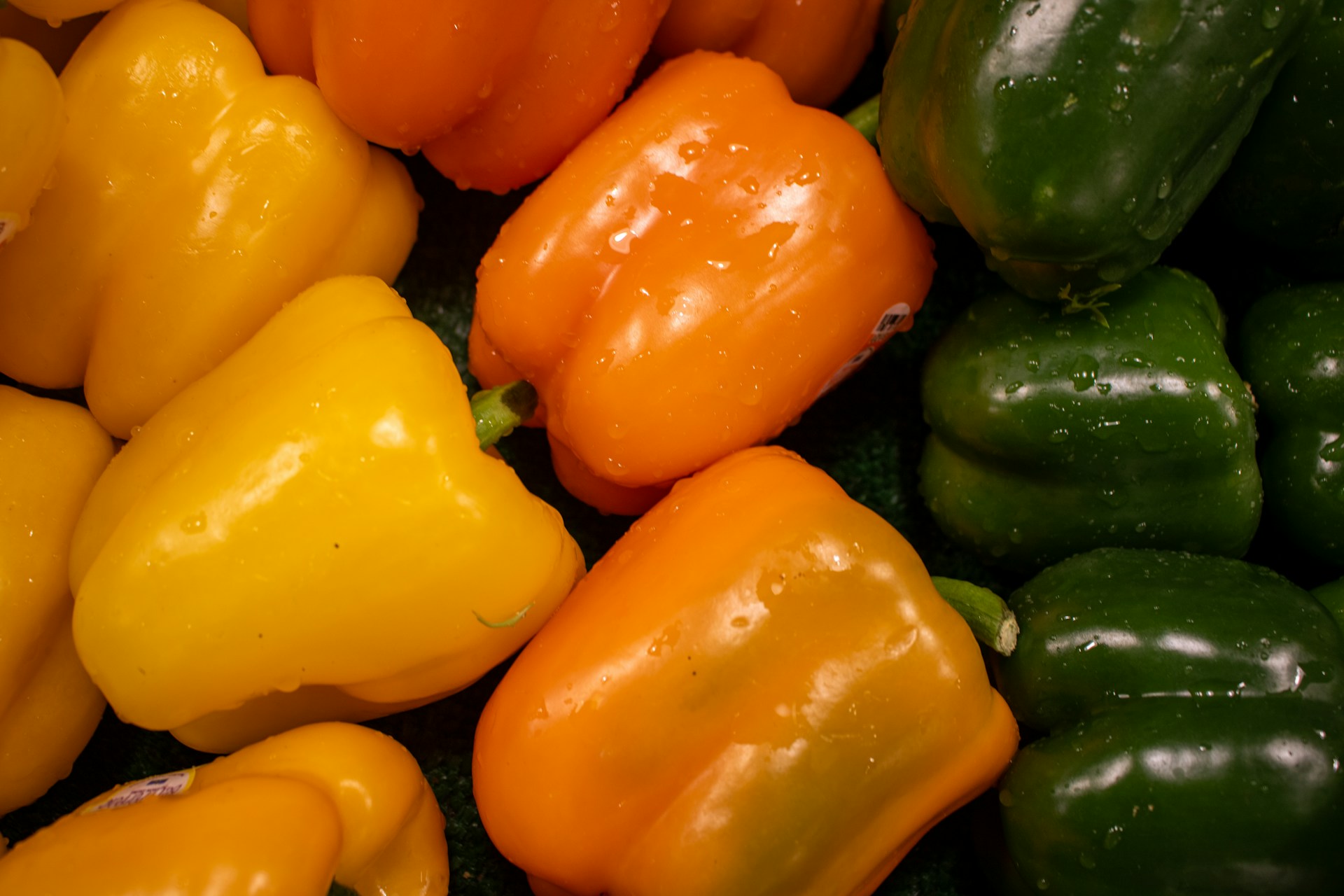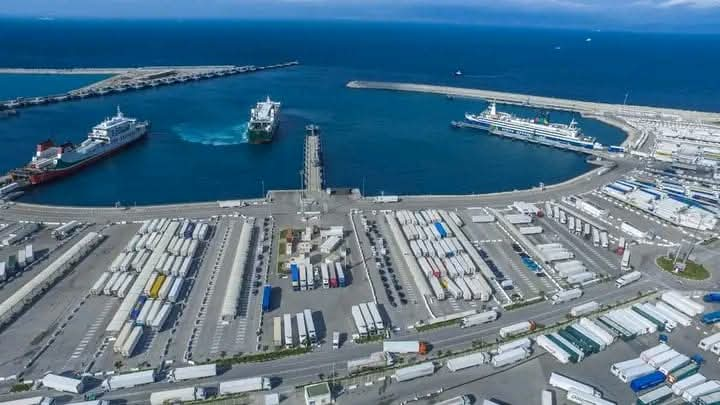Casablanca – In recent years, Moroccan snails have gained a stellar reputation for their exceptional quality and taste, making them highly sought after in Andalusia, a region in southern Spain. In 2023, Andalusia imported 5,000 tons of snails from Morocco, amounting to a total value of approximately $4.1 million, according to data from the Andalusian Ministry of Agriculture.
The trend shows no sign of slowing down. El Economista reported that in the first two months of 2024 alone, Andalusia imported Moroccan snails worth $267,000, marking an 88% increase compared to the same period the previous year. This surge underscores the growing dependency of Andalusia on Moroccan snails, especially given the stark contrast with Spain’s declining local production.
The Spanish National Association for Breeding and Fattening of Snails (Ancec) reported that Spain’s national snail production reached only 605,500 kilograms in 2023. This figure pales in comparison to Spain’s estimated consumption of 18,800 tons in 2020, a number that has continued to rise annually. This shortfall in domestic production has made Moroccan imports increasingly critical to meet consumer demand.
Andalusians favor Moroccan snails
The popularity of Moroccan snails in Andalusia can be largely attributed to their perceived superior quality. Manuel Felipe Lopez, an entrepreneur in the snail industry with his company Caracoles Sevilla, highlighted that the variety imported from Morocco, known as “blanquillo,” is highly favored in several Andalusian regions. This variety is considered to be of better quality than traditional farm-raised snails in Spain.
Lopez also noted that the population of snails, including “blanquillo,” has significantly declined in Spain over the past 60 years. This decline, coupled with stringent health regulations that restrict snail trade, has driven the increase in imports from Morocco. Despite their higher quality, “blanquillo” snails are more economical compared to farm-raised varieties, adding to their appeal.
Challenges in Local Production
Local production in Andalusia faces numerous challenges. As of last month, Andalusia had 211 registered snail farms, with Seville leading the count at 54 farms, followed by Cordoba (42), Malaga (28), Granada (27), Huelva and Almeria (19 each), Cadiz (17), and Jaen (5). However, the Ministry of Agriculture notes that some of these farms may have closed during this period.
A 2020 study by the Spanish Ministry of Agriculture revealed that only one-third of registered farms in Andalusia were operational at that time. The study, which did not include 100 other farms nationwide whose operational status could not be determined, emphasized the difficulty in accurately counting active snail farms. Consequently, the ministry has relied on data from Ancec to provide a clearer picture.
Future Outlook
The future of snail production in Andalusia faces significant hurdles. José Antonio Marcelo, executive secretary of the Interprofessional Organization of Breeding Snails, explained that farm owners who receive subsidies are required to keep their land active for at least five years. Failure to do so risks the loss of these subsidies, making it challenging for owners to report inactivity.
Moreover, farm-raised snails in Andalusia have limited market penetration among local consumers, with only up to 30% of the volume distributed within the region, based on 2020 estimates from Ancec. The majority of the production is destined for northern Spain, where farm-raised snails have a stronger presence.
As Moroccan snails continue to dominate the market, Andalusia’s reliance on these imports is likely to increase, driven by their superior quality, economic viability, and the challenges faced by local snail producers.
















